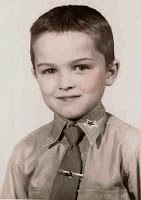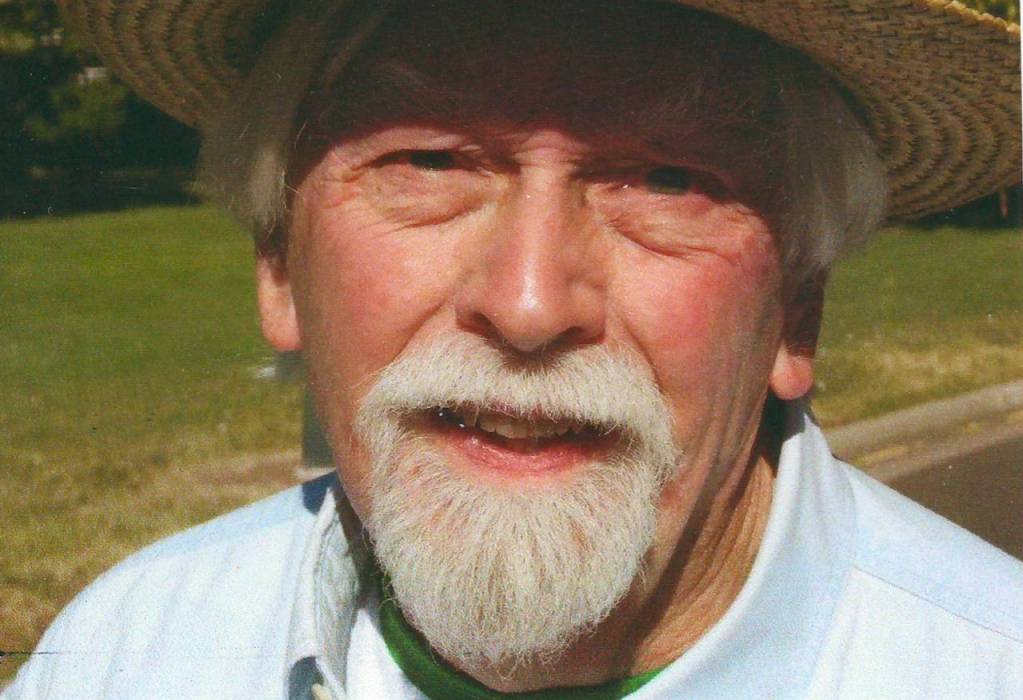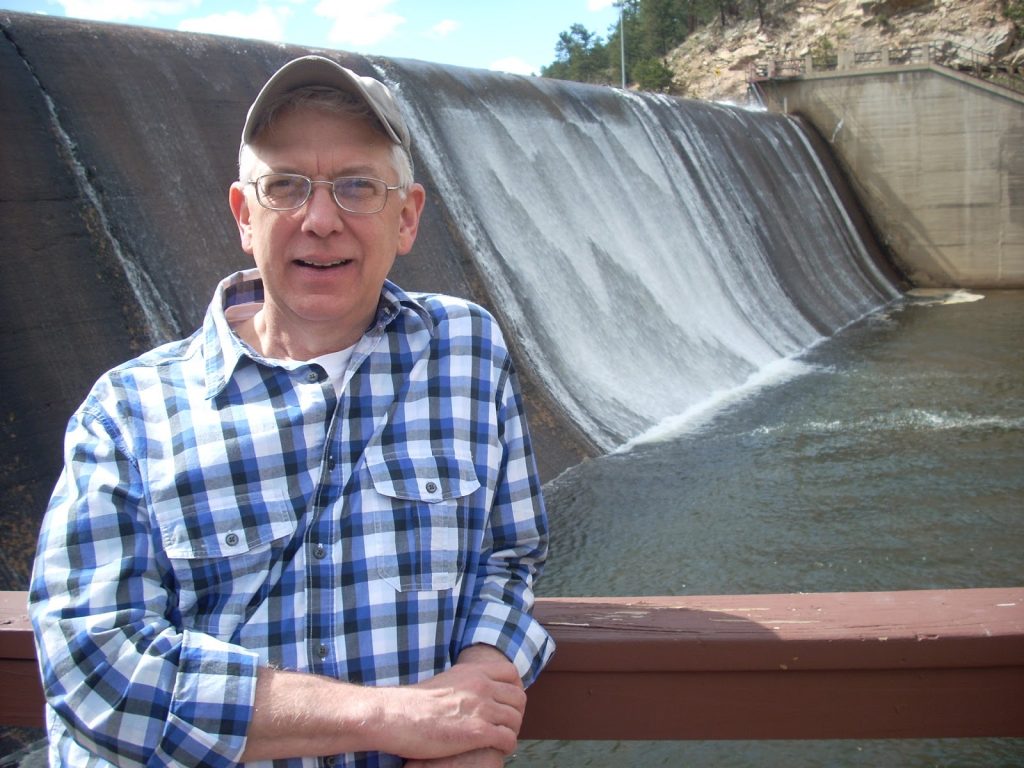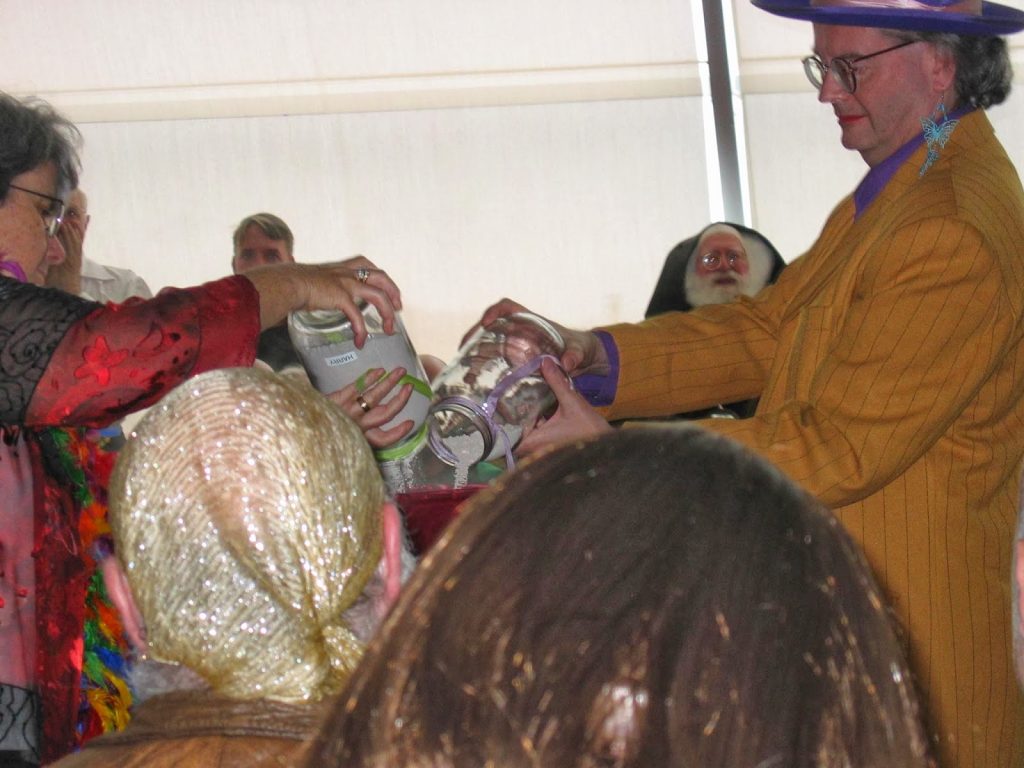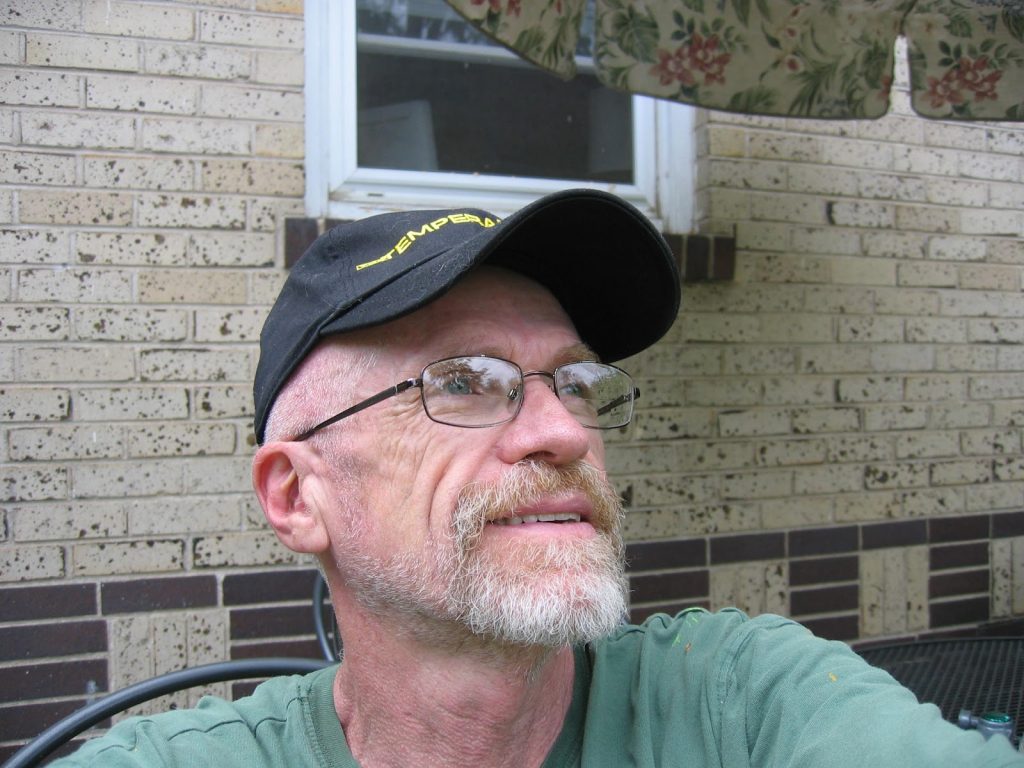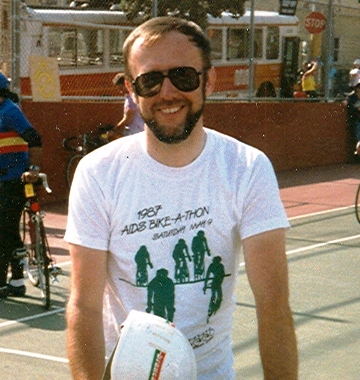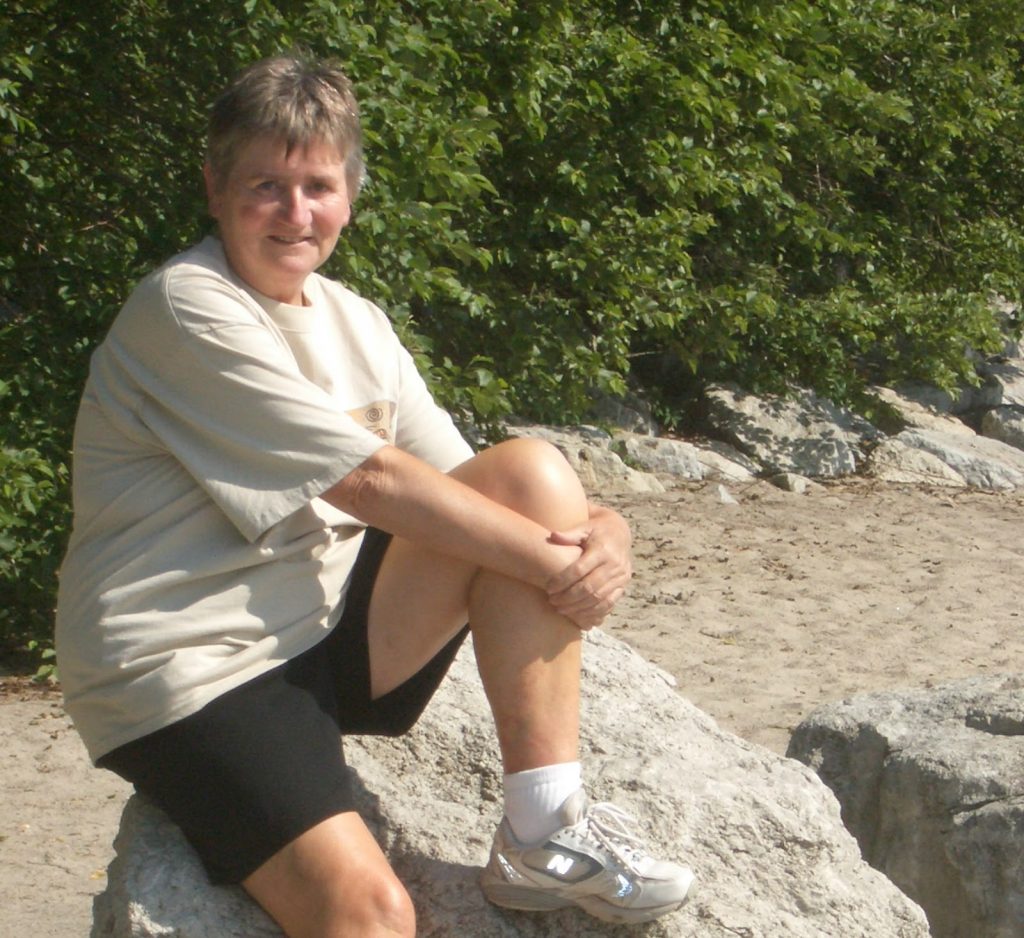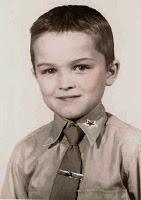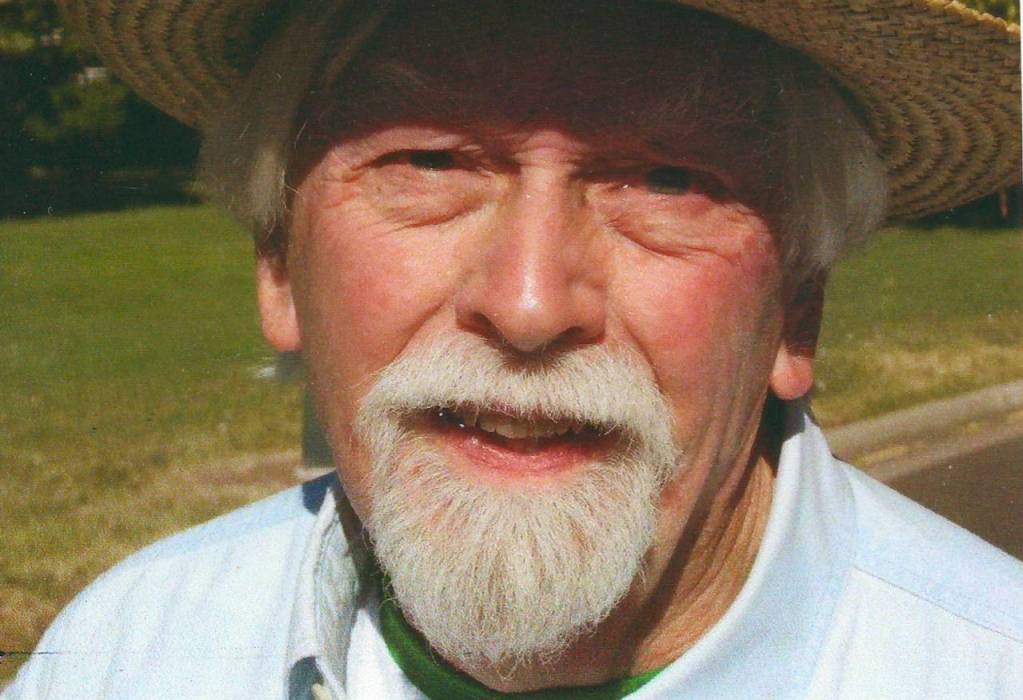In civilian life, fairy tales usually begin with “Once upon a time… .” The military equivalent phrase is “This ain’t no shit … .” When used properly, these expressions are essentially the same but not always. Sometimes the fairy tales sound more real than the story told by a military member as the actions of the military are often unbelievable; activities which we never heard of due to security classifications, cover-ups, or possibly just the passage of time. I would relate some of those unknown activities, but then I would have to kill you to protect the secret, and I don’t want to do that.
All advertisements for commercial products contain major exaggerations or out-right lies. I do not believe that statement to be an exaggeration in any way. Ever since I was 5-years old, I hear about the “New and Improved Tide” for washing clothes. The only thing I know that changed is the box it comes in. During all that time, I have not seen any of my clothes get cleaner than in any previous version.
Some exaggerations are in common usage. “If I’ve told you once, I’ve told you a thousand times;” “I’ll bet you a million dollars you can’t do it;” and “If you’ve seen one, you’ve seen them all,” are just three of the hundreds of possible examples.
Myths are similar to fairy tales. Another type of exaggeration is the myth type of story that is so outrageous, no one would believe it. This type is of the category Tall Tales, which is just a nice way of saying it’s a big lie. This type is not so much harmful as entertaining, in effect; a big white lie as it were. For example, most people believe the Grand Canyon is the result of river and wind erosion. The reality is a fact well known; the Grand Canyon is the result of Paul Bunyan dragging his axe along the ground while walking from Minnesota to the redwood forests of California. (I actually believe this is probably true, because the story was in my reading textbook in 3rd grade elementary school in Minnesota. Schools never teach bad information.)
I cannot count high enough to list all the dining establishments that proclaim their cuisine is the “best” in town, state, nation, world, etc. If I tried to add them up, I would fry my brain or burn out my calculator’s batteries.
Did you notice that even the Weather Channel is not above reproach on this issue? It seems that each-and-every common and routine weather event is portrayed as being a major disaster in the making. So, I’ll end my story today with a warning to all of us, “global warming” will kill us all, because we did not do something about it a hundred years ago, and now it’s too late.
I’m so thirsty from reading this paper, I’m going drink ten gallons of water before I go home.
© 3 June 2013
About the Author
Angeles, living first in Lawndale and then in Redondo Beach. Just prior to
turning 8 years old in 1956, I began living with my grandparents on their farm
in Isanti County, Minnesota for two years during which time my parents
divorced.
When united with my mother and
stepfather two years later in 1958, I lived first at Emerald Bay and then at
South Lake Tahoe, California, graduating from South Tahoe High School in 1966.
After three tours of duty with the Air Force, I moved to Denver, Colorado where
I lived with my wife and four children until her passing away from
complications of breast cancer four days after the 9-11 terrorist attack.
I came out as a gay man in the
summer of 2010. I find writing these memories to be therapeutic.
My story blog is
TheTahoeBoy.Blogspot.com
